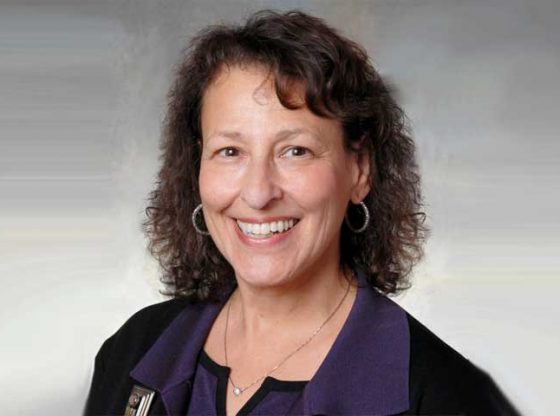CancerSEEK Could Cost Less than $500
A powerhouse of researchers from Johns Hopkins Kimmel Cancer Center have developed a new and unique noninvasive blood test that can detect eight types of cancer in just one single test.
The CancerSEEK, a multilanalyte test is a breakthrough in the field oncology and pathology for its amazing efficacy to detect presence of common tumors of the ovary, liver, stomach, pancreas, esophagus, colorectum, lung and breast. These types of cancer have caused 60 percent of cancer deaths in the U.S.
Aside that the test is cheaper compared to other cancer screening tests, it also helps helps identify the location of the cancer.
These amazing breakthrough was confirmed Nickolas Papadopoulos, Ph.D., senior author and professor of oncology and pathology.
Dr. Papadopoulos said, “The use of a combination of selected biomarkers for early detection has the potential to change the way we screen for cancer, and it is based on the same rationale for using combinations of drugs to treat cancers.”
The key findings of the study was published online by Science on Jan. 18, 2018.

The Accuracy of the Test
One striking nature about the experimental blood test is its high specificity of the cancer. This key finding was based from a result on the assessment on 1,005 patients with nonmetastatic, stages I to III cancers of the ovary, liver, stomach, pancreas, esophagus, colorectum, lung or breast.
The result showed that the median overall sensitivity, or the ability to find cancer, was 70 percent and ranged from a high of 98 percent for ovarian cancer to a low of 33 percent for breast cancer. Aside from that, out of the five cancers that have no screening tests-ovarian, liver, stomach, pancreatic and esophageal cancers-sensitivity ranged from 69 percent to 98 percent.
This result was confirmed by Kenneth Kinzler, Ph.D., professor of oncology and co-director of the Ludwig Center.
Prodessor Kinzler said, “Very high specificity was essential because false-positive results can subject patients to unnecessary invasive follow-up tests and procedures to confirm the presence of cancer.”




